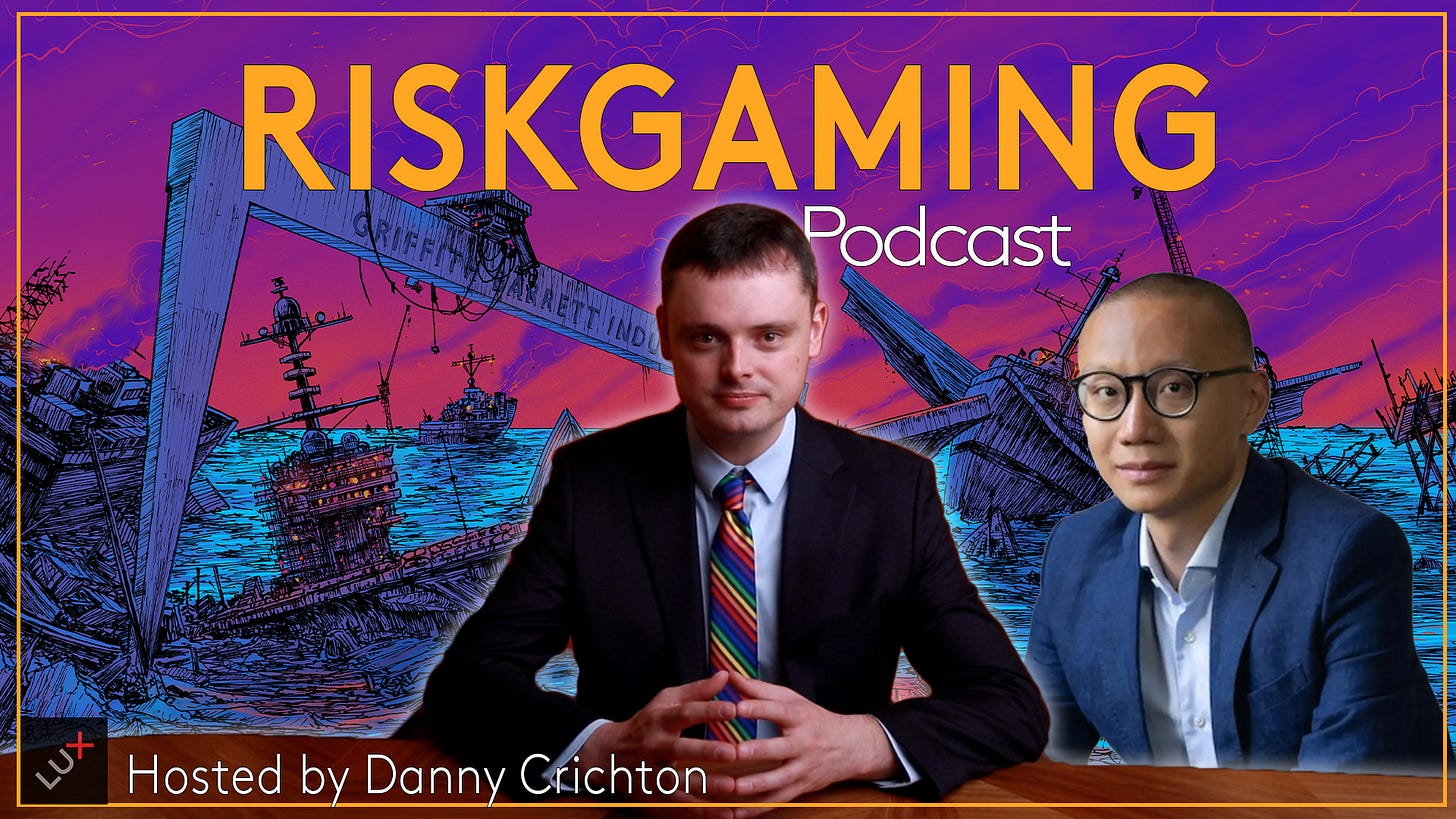The Stories That Make Us Dangerous
The connections between two very different books
What if humanity's best trick is being weak, hairless monkeys that everyone underestimates?
Standing naked in the wilderness, a human is perhaps the least threatening predator on Earth. Yet once humans left Africa, waves of extinction followed. The megafauna that had millions of years to learn to fear us in Africa survived. Everywhere else? Gone within a thousand years.
Science fiction writer Edward Ashton suggests the other animals simply dismissed us: "Look at that, it's a monkey. We've seen monkeys before." By the time they realized their mistake, it was too late.
This pattern of being underestimated—and then overcoming expectations through collective action—might be humanity's defining story. But while producing two recent podcast conversations, I realized the stories we tell ourselves don't just describe our capabilities; they create them.
The first conversation, between Edward Ashton and Samuel Arbesman , explored science fiction, first contact stories and Ashtons latest novel The Fourth Consort. The second featured Danny Crichton and Dan Wang discussing Wang's book Breakneck: China's Quest to Engineer the Future. Despite their different topics, both conversations converged on a striking insight: our narratives shape our realities in ways we rarely acknowledge.
Ashton argues that humanity's superpower isn't opposable thumbs or big brains—it's our ability to tell stories that allow strangers to cooperate by the millions. "Money is a story that we tell," he points out. "What is a dollar? An absolute figment of our imagination. But it allows complete strangers to cooperate to do things no family group could conceivably do."
Meanwhile, Wang's analysis reveals how different stories create radically different societies. He argues that China operates as an "engineering state" focused on outcomes, while America has become a "lawyerly society" obsessed with process. The evidence is visceral. China built Beijing-Shanghai high-speed rail in four years; California has spent decades on a line between Bakersfield and Merced. Trains between Grand Central and New Haven were faster in 1914 than today. Guizhou—China's fourth-poorest province—has 11 airports and 50 of the world's tallest bridges.
Both societies are trapped by their success stories. America tells itself a story about process that once enabled greatness but now prevents building. China tells itself a story about collective achievement that created prosperity but can crush individual freedom.
Both conversations revealed the double-edged nature of our storytelling superpower. The same ability that let weak primates conquer the planet—that let us build civilizations through shared myths—can lock us into narratives that no longer serve us.
If humanity's greatest advantage is organizing beyond kinship through shared narratives, our greatest challenge might be recognizing when those narratives have become prisons.





